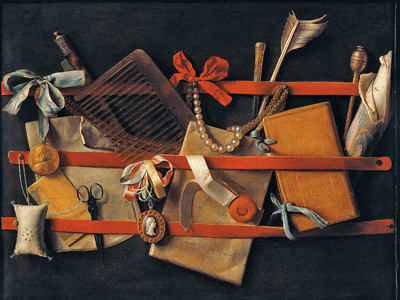

Historical Development of Art
This quiz addresses the requirements of the National Curriculum KS1 in Art and Design for children aged 5, 6 and 7 in years 1 and 2. Specifically this quiz is aimed at the section dealing with knowing about great artists, craft makers and designers, and understanding the historical and cultural development of their art forms.
Studying art and design is partly about learning new techniques, like shading or colour mixing, and partly about learning about the historical development of art. Art forms have changed in many ways over time and historical influences have shaped the art forms we see today. This quiz is all about the course of this development.
Ready for more?
not all...
quizzers. Try to win a coveted spot on our Hall of Fame Page.






